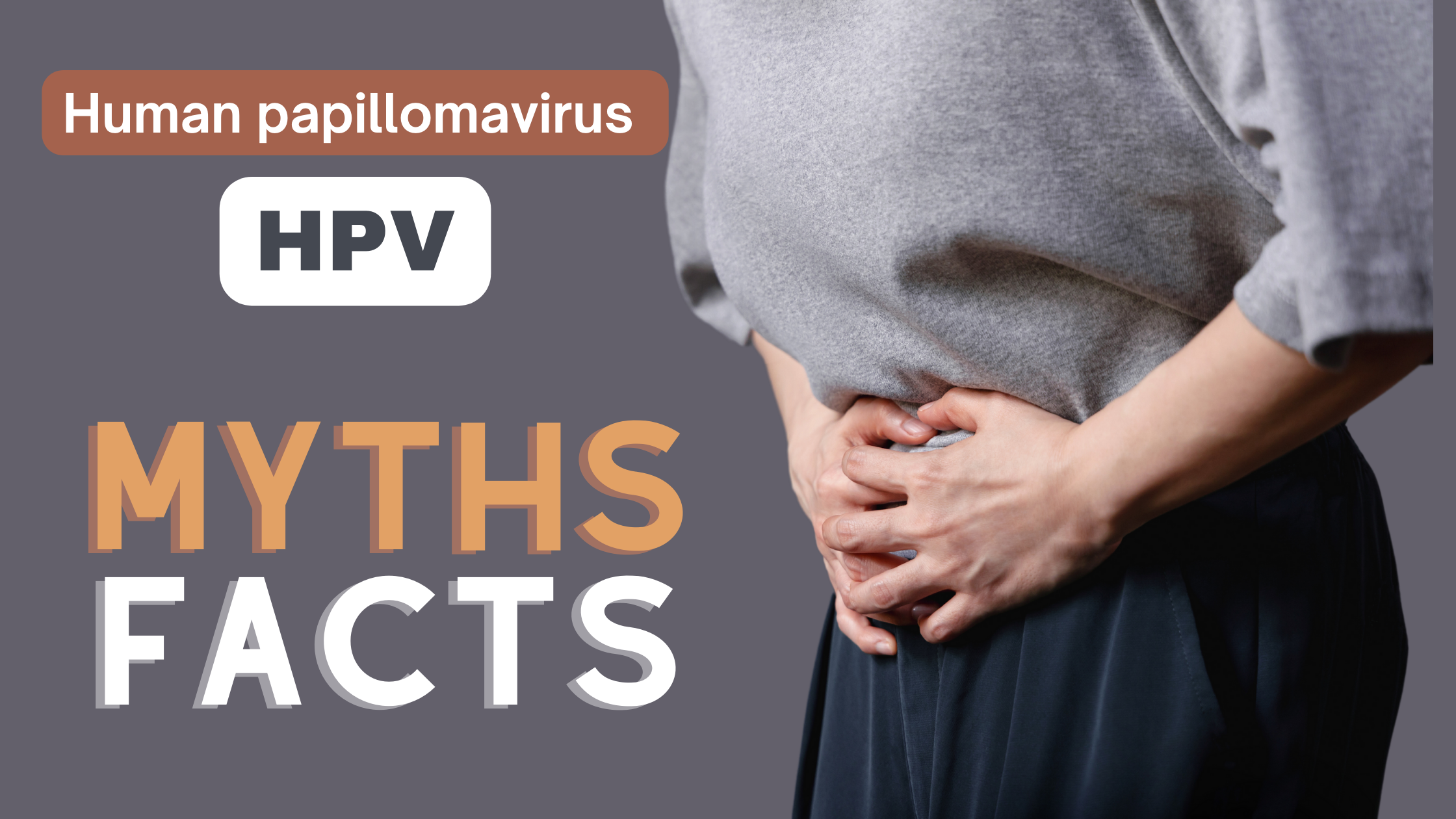HIV (Human Immunodeficiency Virus) is a virus that attacks the body’s immune system, leaving individuals vulnerable to other infections and illnesses. Without treatment, HIV can progress to AIDS (Acquired Immune Deficiency Syndrome), a serious and potentially life-threatening condition. HIV Early Detection is important for managing the virus and preventing further transmission. However, many people are afraid to ask questions about the early detection of HIV tests. In this blog, we will answer 14 common questions you might be afraid to ask about early-detection HIV tests.
What is an early detection HIV test?
An early-detection HIV test is a test that detects HIV at an earlier stage than traditional HIV tests. These tests detect the virus by looking for HIV RNA in the blood, rather than antibodies. HIV RNA PCR is a NAAT Test. HIV 1 & HIV 2 RNA PCR Tests are done separately.
1. How accurate are HIV RNA Early Detection Tests: Early detection HIV tests are highly accurate, with a 95-99% accuracy rate if the tests are taken 9-11 days after potential exposure.
2. How soon after exposure can an early detection HIV test detect the virus: Early detection HIV tests can detect the virus as soon as 9-11 days after exposure.
3. How is an early detection HIV test performed: An HIV early detection test is performed by taking a blood sample from the patient. The blood is then sent to a laboratory for testing.
4. Is there a specific time frame when an HIV RNA Early Detection Test should be performed: An HIV early detection test can be performed at any time after potential exposure to the virus. The recommended window period is 9-11 days after potential exposure.
5. What is the difference between an HIV RNA Early Detection Test and a traditional HIV test: A traditional HIV test looks for HIV antibodies in the blood, while an early detection HIV test looks for HIV RNA (the genetic material of HIV).
What are the benefits of HIV early detection testing?
Early detection testing can help in the Early Detection of HIV which prevents further transmission of the virus, as well as enables access to early treatment options.
1. What are the risks of HIV early detection testing?
There are no significant risks associated with early detection of HIV testing.
2. What should I do if my early detection HIV test comes back positive?
If your early detection HIV test comes back positive, it is important to seek medical treatment from a qualified and experienced medical practitioner as soon as possible.
3. What should I do if my early detection HIV test comes back negative?
If your early detection HIV test comes back negative (if the test was taken 9-11 days after exposure), then the accuracy of the test would be around 95-98%. This test needs to be followed up by an HIV Test by a Fourth Generation Method.
4. How long does it take to receive the results of an HIV RNA Early Detection Test?
The time it takes to receive the results of an early detection HIV test can vary depending on the laboratory and testing facility. Some facilities can provide results in as little as one to two days, while others may take up to a week. It is important to follow up with the testing facility to ensure you receive your results in a timely manner.
5. Can an HIV RNA Early Detection Test be used to diagnose AIDS?
No, an early detection HIV test is used to detect the presence of the HIV virus in the blood. It cannot be used to diagnose AIDS, which is a later stage of HIV infection characterized by a weakened immune system and the presence of specific opportunistic infections.
6. Can an early-detection HIV test be used to test for other sexually transmitted infections (STIs)?
No, an early detection HIV test is designed specifically to detect the HIV virus. It cannot be used to test for other STIs. However, many testing facilities offer comprehensive STI testing, which includes testing for multiple STIs including HIV. It is important to discuss your testing options with your healthcare provider to ensure that you are being tested for all the appropriate STIs.
7. Where can I get an early-detection HIV test?
Early detection HIV tests are available at many clinics, hospitals, NGOs, and testing centers across India. You can book an early-detection HIV test with DrSafeHands here. (link here to book test)
HIV Early detection testing is a critical tool in the fight against HIV and AIDS. By answering these 14 common questions, we hope to alleviate any fears or concerns you may have about early detection HIV testing.






